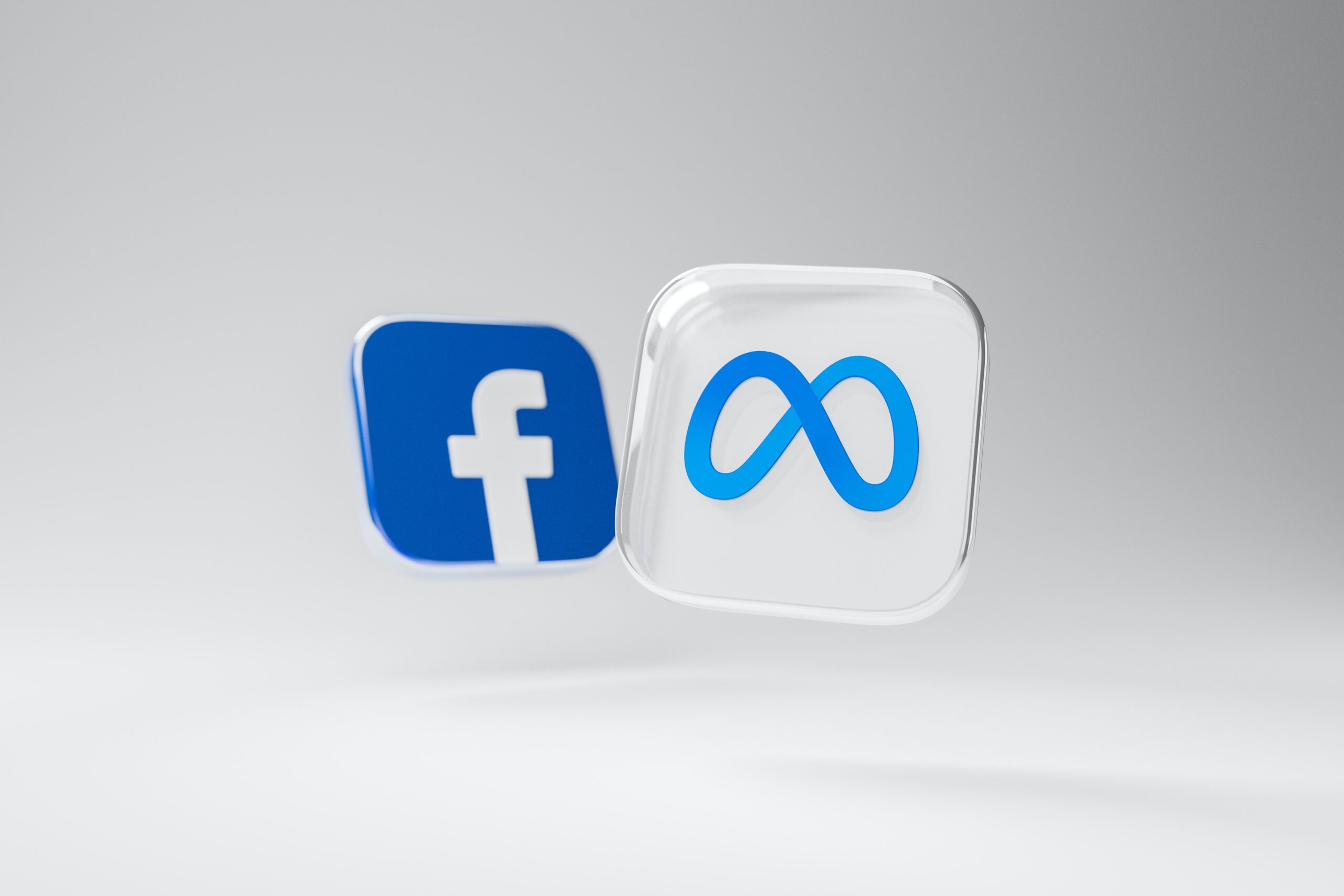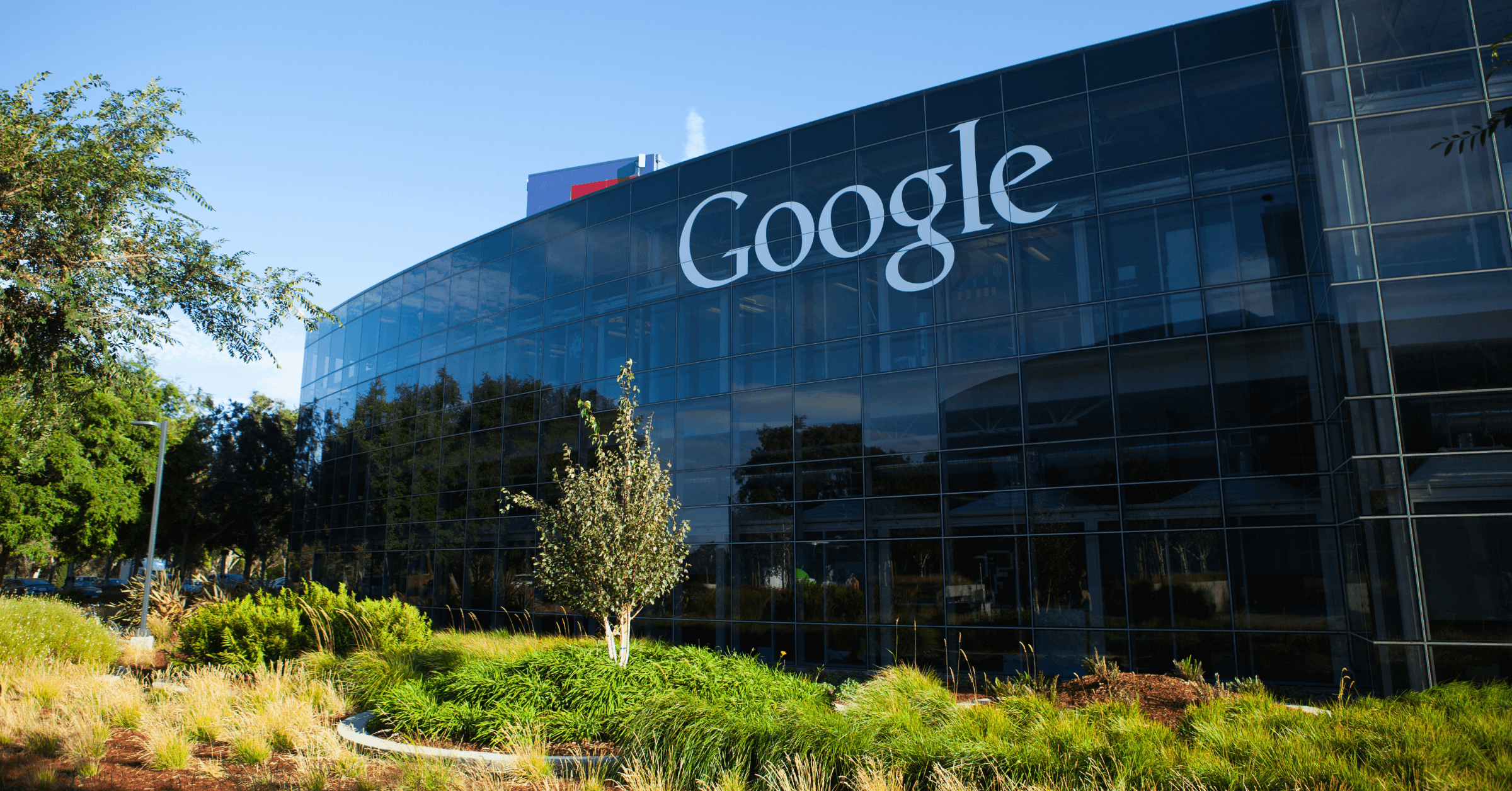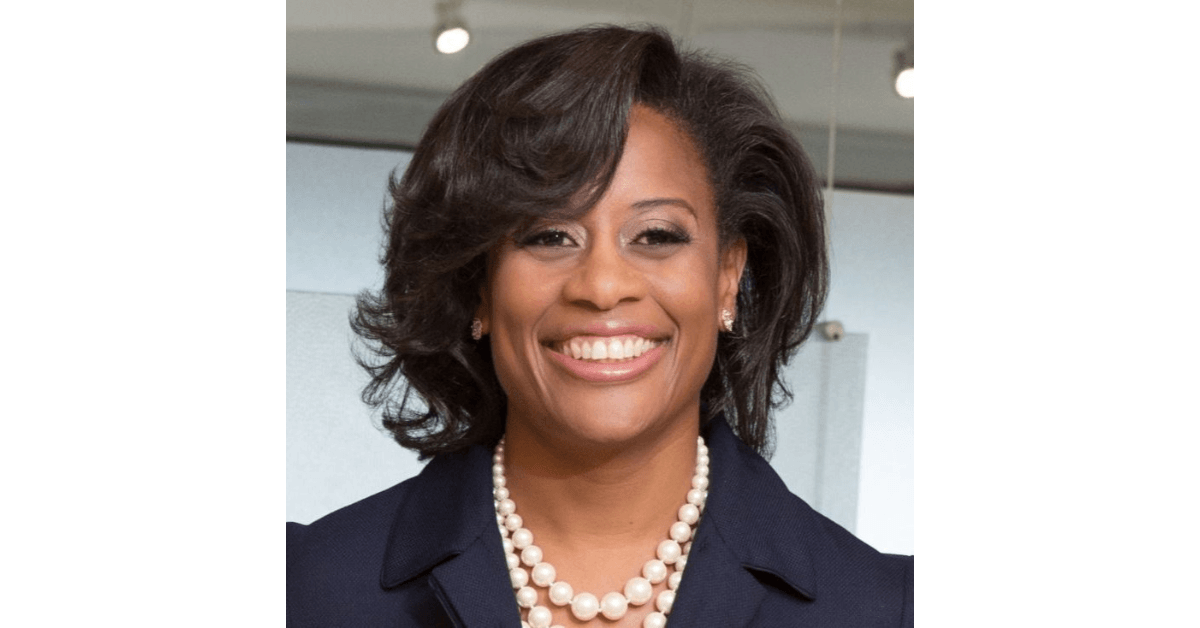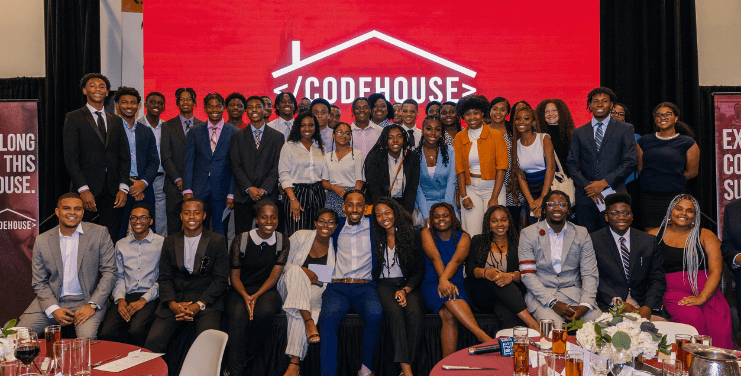Key Insights:
- Meta’s 2022 diversity report says it has doubled its Black and Hispanic workforce in the U.S., but numbers still remain low compared to the overall American workforce.
- Representation among gender is higher with women making up 37.1 percent of Meta’s global workforce, but the trend does not follow suit when looking at tech-specific roles.
- Meta is positioning itself as a big player in the metaverse, projected to be worth $800 billion by 2024.
Meta has doubled the number of women in its global workforce and its number of Black and Hispanic American employees in the United States since 2019, according to the company’s latest annual diversity report. A deeper breakdown; however, reveals the company is still falling far short of true equity.
How Much Progress Has Been Made?
While Meta met its diversity goals well before its commitment to do so by 2024, the numbers still remain low compared to the racial breakdown of the American labor force.
The company has been publicly reporting its diversity metrics since 2014 when it was known as Facebook. At the time, Meta’s U.S. workforce was just two percent Black and four percent Hispanic.
“As these numbers show, we have more work to do – a lot more. But the good news is that we’ve begun to make progress,” Maxine Williams, then Facebook’s global head of diversity, wrote in the 2014 announcement.
Now, Meta’s overall U.S. workforce is 4.9 percent Black and 6.7 percent Hispanic, according to the 2022 announcement. This falls short compared to the 13 and 18 percent of the total U.S. workforce Blacks and Hispanics make up, respectively.
Jonea Gordon, a privacy manager at Google based in Philadelphia, tweeted about recently leaving her position at Meta.
“A few months ago, I got a promotion at Meta with a $50K raise. I immediately updated my resume because I knew I was worth more than that. I landed a job at Google that increased my compensation by over $150K,” Gordon said. “Tech is one of the few industries where women and BIPOC can be compensated fairly without going to war with their colleagues and bosses. That kind of stress will take years off of your life.”
When looking at tech-specific roles at Meta, Black and Hispanic representation decrease significantly. In 2022, Black Americans only made up 2.4 percent of Meta tech employees in the U.S., while Hispanic Americans comprised 4.8 percent.
Gender representation among the Meta workforce is slightly more promising. Women represent 37.1 percent of Meta’s global workforce, up from 31 percent in 2014. Looking at tech-specific roles, the number of women in the global workforce drops to 25.8 percent.
The pandemic has in part been a catalyst for the slight positive upticks in Meta’s workforce since 2014. In the last year, the company has hired fully remote individuals who are working from locations where Meta does not have offices.
This flexibility has increased the number of diverse job candidates and the company said those who accepted remote offers were substantially more likely to be Black, Hispanic, Native American, Alaskan Native, Pacific Islander, veterans and/or people with disabilities.
Additionally, in 2021, Meta said it spent more than $306 million with Black-owned businesses in the U.S.
Meta’s Rebranding
The makeup of Meta’s workforce isn’t the only change the company has made in recent years.
In late 2021, the company rebranded itself as Meta, which comprises Facebook, Instagram and WhatsApp, to try to center itself as a pioneer in the metaverse. Meta claims it is collaborating with diverse companies, developers, experts and policymakers to build the metaverse.
“Although the full realization of this vision remains in the future, we’re being proactive and aiming to make every component of the metaverse reflect everyone under the sun,” Maxine Williams, Meta’s chief diversity officer, wrote in the 2022 diversity report.
“In stark contrast to the way social media evolved, without being informed by broader societal considerations, we’re seizing this opportunity to build the metaverse with diversity, equity and inclusion from the start,” she said.
Efforts include offering different skin tones, facial shapes, assistive devices and more for Meta Avatars; working on a web-based version of Horizon Worlds, a VR video game, that will allow users to access virtual reality from devices like smartphones; and investing $150 million through Meta Immersive Learning to help diverse creators develop skills in AR, VR and immersive media.
Last October, before rebranding, Facebook announced it was investing $50 million over two years in global research and programs as the company works on “responsibly” building the metaverse. Among its global partners, Facebook listed Howard University as the only school in America they were initially partnering with on this multi-million dollar investment.
The announcement about the company’s new focus on the metaverse came as Facebook was facing a firestorm of controversy after a Wall Street Journal investigation detailed how the company knew for years about the harmful impact Instagram had on teens and especially young girls.
The eventual rebranding to Meta could also be another effort to distract and distance itself from controversies the company is facing around spreading hate speech and misinformation, the New York Times reported. Meta has also faced racial discrimination, antitrust and privacy scandals.
As Meta contended in 2014 that it has a lot more work to do when it comes to its diversity efforts, eight years later that is still the case.








